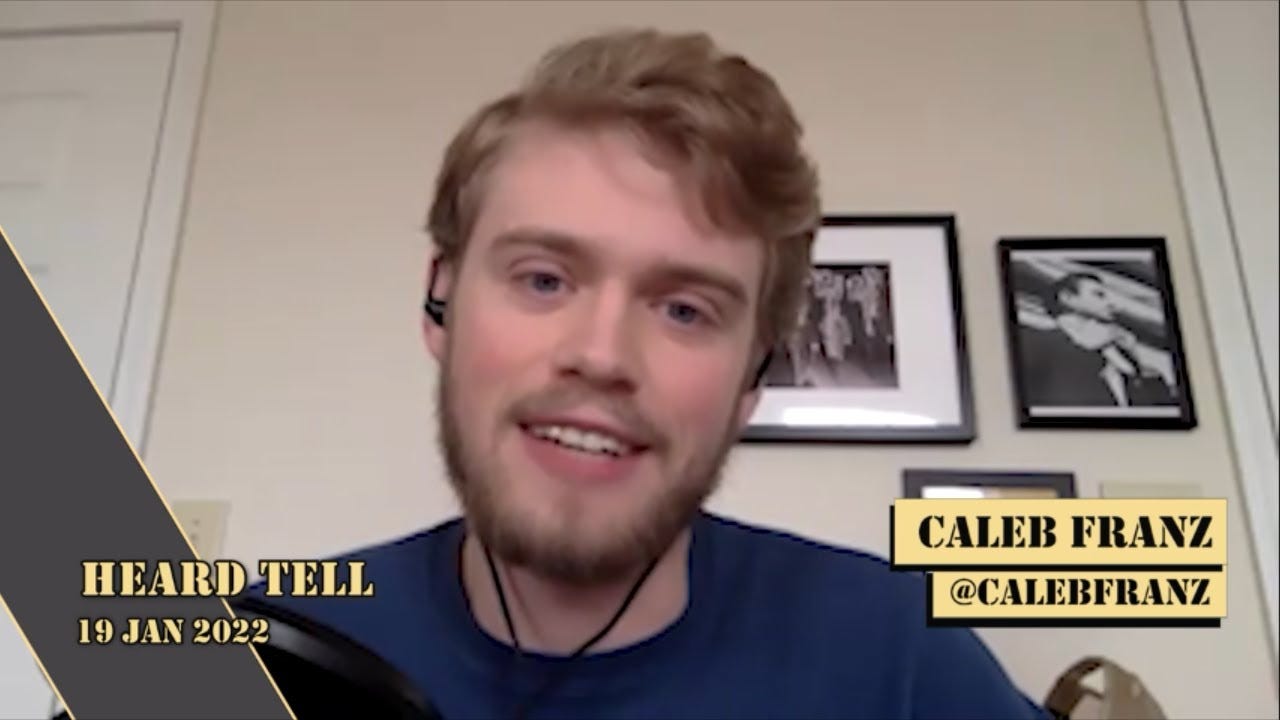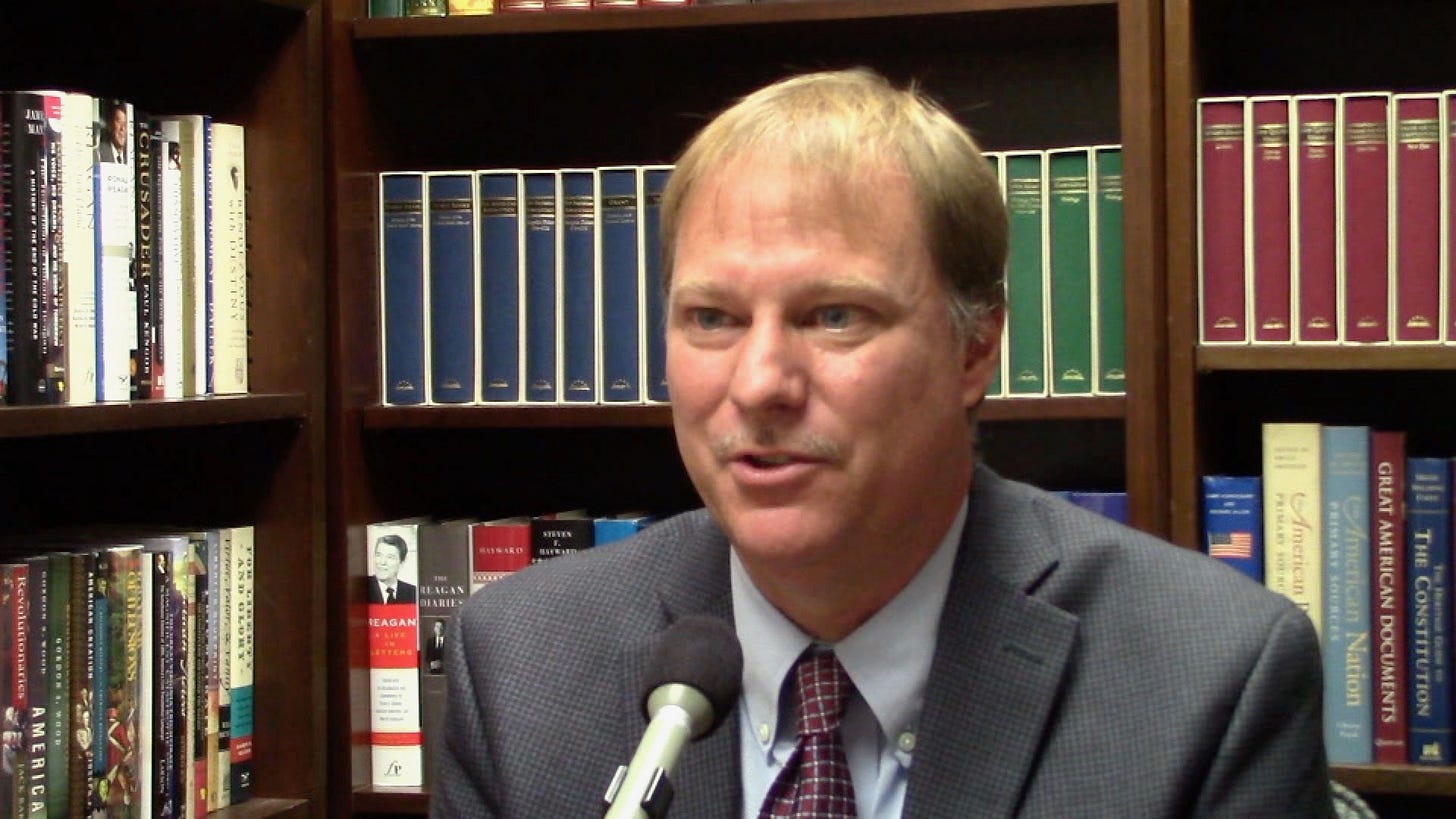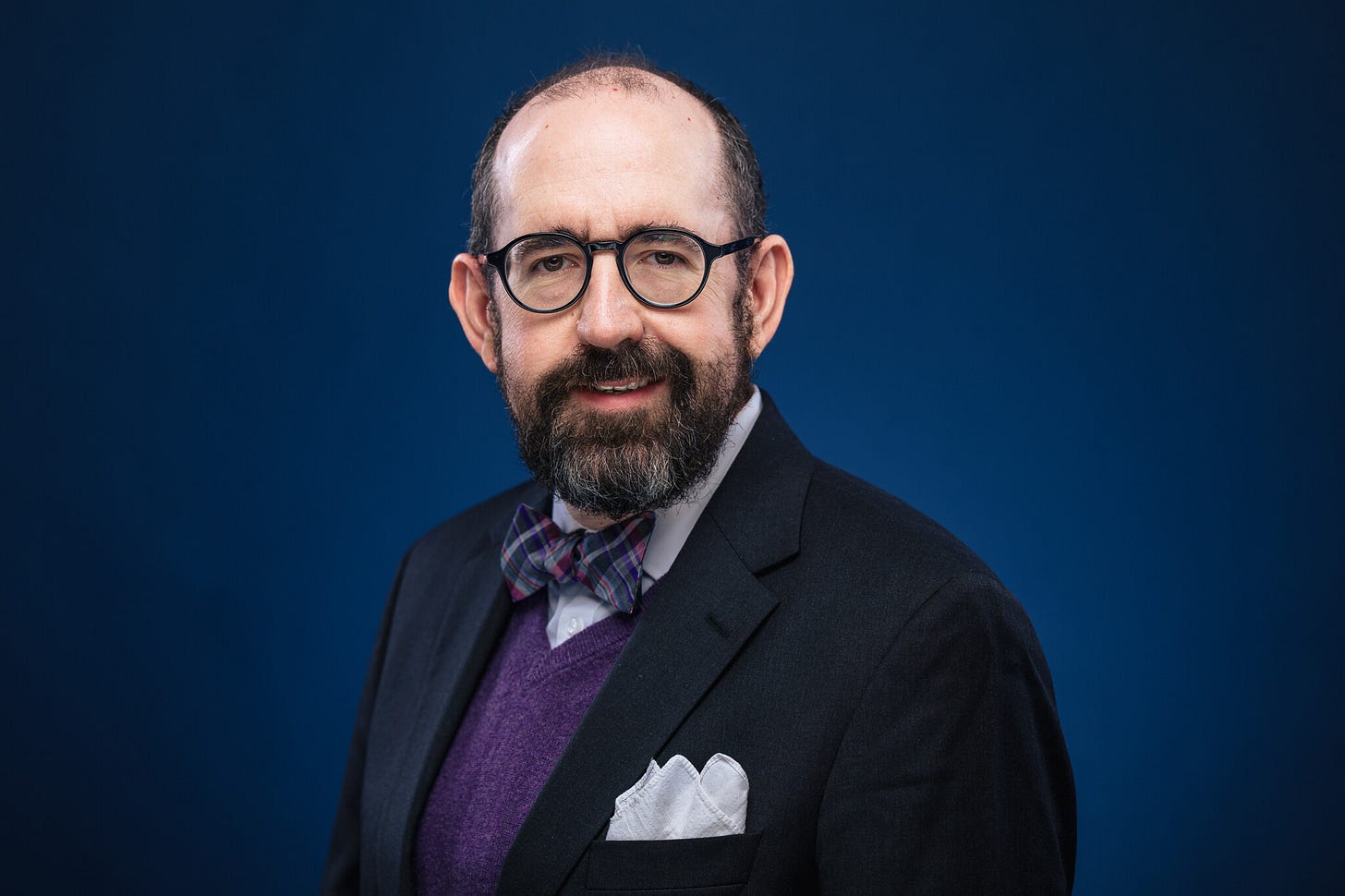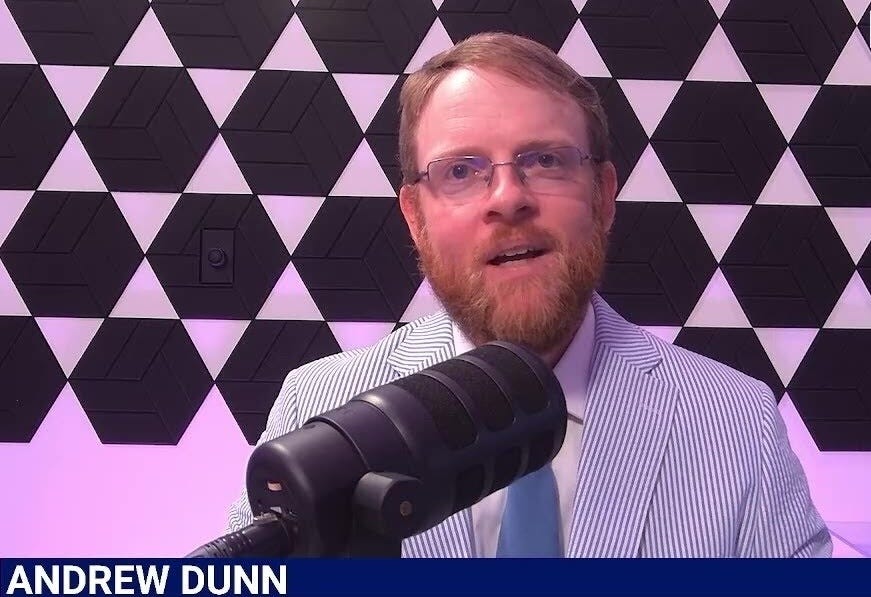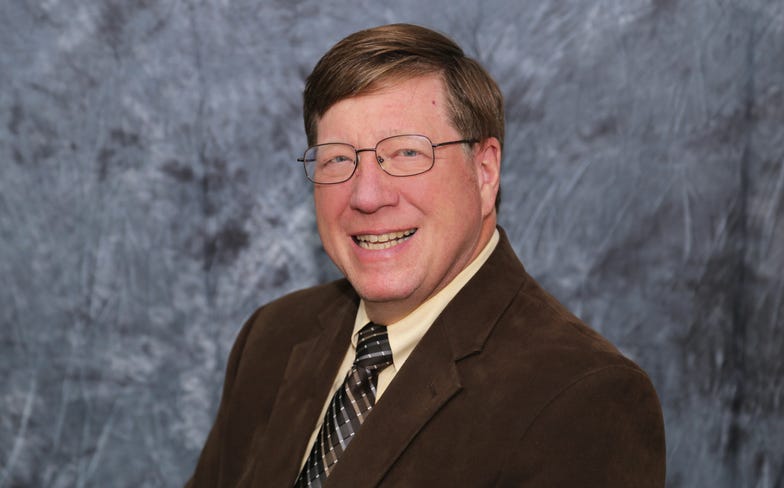Mixed media
How FreeCons are building policy influence and a new American Right
When Frank Meyer, William F. Buckley, M. Stanton Evans, and other leaders founded modern American conservatism as an intellectual movement, there were three broadcast networks, a small number of national magazines devoted to public affairs, a few powerful Hollywood studios and publishing houses, and highly profitable newspapers dominating their local media markets.
Then came new broadcast networks, cable and satellite, desktop publishing, talk radio, the Internet, and other disruptive technologies. Today, Americans get their news, information, commentary, and entertainment from a wide variety of sources.
As Freedom Conservatives challenge the mistaken ideas of the Progressive Left and Populist Right, we’re using every means at our disposal to communicate our message to policymakers, emerging leaders, and the next generation of voters.
You’ll hear FreeCons on America’s leading podcasts about politics and culture. You can watch them on ABC, NBC, FOX, CNN, and other channels. You’ll find them commenting regularly on YouTube, Instagram, X, Substack, and other platforms. You’ll see them writing regularly for FoxNews.com, National Review.com, WashingtonExaminer.com, RealClearPolitics.com, and other prominent sites.
And you can read FreeCons as regular columnists and commentators in The Washington Post, The Wall Street Journal, USA Today, and regional newspapers from coast to coast.
Today we feature FreeCon signatories who host shows, produce documentaries, and write columns, newsletters, books, and academic research.
Telling America’s story
Caleb Franz is a writer, trainer, and author of The Conductor: The Story of Rev. John Rankin, Abolitionism’s Essential Founding Father. He’s also a FreeCon signatory.
His historical writing often highlights the forgotten people, places, and events that help define the American story and has been featured in such outlets as RealClearHistory, Washington Examiner, The Independent, and the Louisville Courier Journal.
Franz also serves as program manager at Young Voices, where he mentors young journalists and policy writers by sharpening their storytelling ability and accelerating their career trajectory. He previously served in the Ohio National Guard for six years, which included a tour in Kuwait.
In a recent interview, Franz applied lessons from the history of American abolitionism to “our own political climate, where we see rising tensions and threats of violence.”
“Rankin certainly lived in a time where these threats were very present, and he rose above those in a way that he did not give into violence or division. He found a way to chart a path that was in keeping with his principles, but without alienating those people that he loved.”
Free to choose
Robert Chatfield is president and CEO of Free To Choose Network, a global media organization that produces content for PBS and other platforms. A FreeCon signatory, Chatfield is also the executive producer for two of its popular documentaries: A More or Less Perfect Union and Sweden: Lessons for America?
Prior to joining the network, he was CFO of Fluid Imaging Technologies, a manufacturer of scientific instruments. He also worked as a merger-and-acquisition advisor and in corporate finance for the Polaroid Corporation and what is now TD Bank.
Starting his career with the Pioneer Institute, a market-oriented think tank based in Boston, Chatfield has maintained a proactive role in academia for 20 years, teaching as an adjunct faculty member for many institutions.
In a recent radio interview, Chatfield described Free to Choose, the 1980 documentary that gave rise to the Free to Choose Network, as a response to a previous PBS series espousing “socialist babble” about modern society and the market process.
Free to Choose, which featured Milton Friedman along with dozens of guest debaters, “went on to change the world,” Chatfield said. One of its enduring themes was that “the more free people are, the happier their lives are going to be.”
First do no harm
Richard Morrison is a senior fellow at the Competitive Enterprise Institute and the host of the popular Free the Economy podcast. He’s also a FreeCon signatory.
Morrison previously hosted and produced the Tax Policy Podcast and Liberty Week and served as managing editor of the blog OpenMarket.
Guests on his current show Free the Economy include fellow FreeCon signatories Brian Blase of Paragon Health Institute, Vinnie Vernuccio of the Institute for the American Worker, Scott Winship of the American Enterprise Institute, investor and author David Bahnsen, Patrick Hedger of NetChoice, and Jack Salmon of the Mercatus Center.
In a recently CEI paper entitled Corporate Social Irresponsibility, Morrison and coauthor John Mozena argued that “state and municipal governments across America are engaged in a massive transfer of public resources to private corporate interests in the name of economic development.”
“Rather than doubling down on the divisive and increasingly discredited approach of current ESG practice,” they conclude, business leaders should “pivot to an emphasis on first doing no harm economically and protecting the welfare of American taxpayers.”
Look and feel
Andrew Dunn is a twice-weekly columnist for The Charlotte Observer and Raleigh News & Observer, publisher of the newsletter Longleaf Politics, and a FreeCon signatory.
A former newspaper reporter, co-founder of a media company, and communications director for a gubernatorial campaign, Dunn also serves as head of content for Pickleheads, a website and app for pickleball players across the country.
In a recent column, he discussed his own experience producing videos with artificial intelligence and described its likely effects on political ads and campaign strategy.
“Every campaign burns through hours of filler footage: families walking in a park, workers in a factory, a flag waving at sunrise,” he wrote. “Until now, that meant paying for stock clips or hiring a videographer. AI makes it possible to generate those shots on demand.”
“As models improve, the ability to stage a cinematic scene around a policy issue — without actors, sets, or travel — will change how campaigns think about storytelling. For now, the most effective teams will treat AI as a creative accelerator, not a shortcut, and they’ll be the ones who define the look and feel of the next political era.”
Overstated trends
John Moore chairs the Finance and Economics Department at Walsh College in Troy, Michigan. He is also a FreeCon signatory.
Before starting a second career in academia, Moore spent a quarter of a century in private industry, serving as the CFO at Michigan’s largest industrial property developer and then at other companies with real-estate portfolios across the United States.
In addition to teaching, Moore writes frequently on business, economics, and public policy for scholarly publications.
In a recent paper published in The Economic Journal, Moore and three coauthors examined widely publicized claims by Thomas Piketty and Emmanuel Saez that income inequality has risen rapidly in the United States over the past century.
Picketty and Saez “substantially overstate top income concentration levels” during a substantial part of the period in question, they wrote, due to “problematic data construction issues and accounting errors.”
“On the whole, the story depicted in our corrected series is more consistent with the long-posited leveling effects of the Great Depression,” they concluded. “and less consistent with a causal attribution to conscious fiscal policy designs or the introduction of highly progressive tax rates.”
In the mix
• In the Chicago Tribune, FreeCon signatory Jeb Bush observed that Americans are losing faith in higher education.
“Nearly half of adults believe a college degree is less important to get a well-paying job than it was 20 years ago,” wrote Bush, the former governor of Florida, “and only a quarter believe a four-year degree is a very important part of getting a job that pays well.”
“Fortunately, a growing number of states are embracing student-centered reforms that align educational opportunities with economic mobility,” he continued. “Their efforts are pointing the way toward a smarter, more transparent model of postsecondary education that prioritizes outcomes over inputs.”
• In The Dispatch, FreeCon signatory Charles Hilu pointed out that one of the biggest pop hits of the summer, Alex Warren’s “Ordinary,” conveys traditional Catholic teachings about sex.
The song video depicts Warren trying to catch up with the ever-retreating image of a woman. When he finally does so, he puts his jacket over her shoulders.
“He then takes her hands, and — lest the viewer miss the point the artist is trying to make — the two start ascending into what appears to be heaven,” wrote Hilu, a Dispatch reporter. “As they levitate, the camera features a closeup of the woman’s left hand, showing that she’s wearing a diamond ring.
“And as this happens, Warren sings, ‘My world was in black and white until I saw your light/ I thought you had to die to find something so out/ of the ordinary.’”

